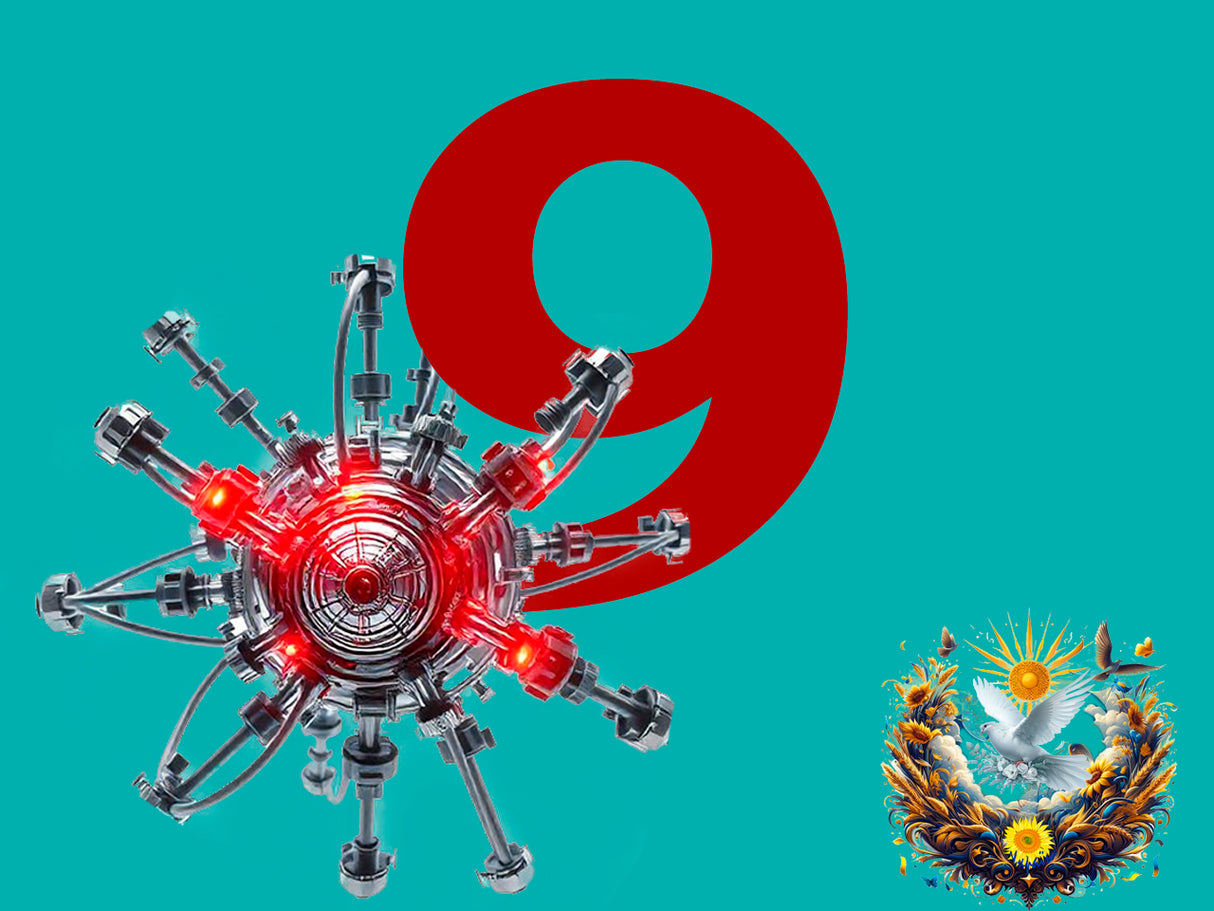Physics Grade 9. Motion and interaction. Conservation laws. Collection 1
 Intermediate
Intermediate
 Course
Course
 34 hours
34 hours
Physics Grade 9. Motion and interaction. Conservation laws. Collection 1 is backordered and will ship as soon as it is back in stock.
What is Unibot?
What is Unibot?
Unibot is a platform for educational systems that combines an administration panel and a chatbot. It allows you to easily upload data, customize chatbots without programming, and manage courses. It supports multilingual bots, content management, and optimized resource utilization for efficiency. The platform makes educators' work easier by automating repetitive tasks. Different pricing plans are available, from basic to premium, which differ in the number of supported bots, languages, messages, and other features.
More information
This interactive course brings physics to life for Grade 9 students. Through dynamic activities, quizzes, and interactive lessons, students will delve into the exciting world of motion, forces, and conservation laws. They'll explore fundamental concepts such as uniform accelerated motion, Newton's laws, gravitational forces, and the principles of momentum and energy conservation. The course emphasizes hands-on learning with experiments and theoretical understanding. By the end of the course, students will have a solid grasp of these physics principles and the skills to apply them.
Key Features of the Course
- Interactive learning with quizzes and tests
- Exploration of theoretical and practical aspects of physics
- Development of problem-solving and critical thinking skills
- Alignment with modern curriculum goals and fundamental physics topics
Course Modules
Module 1: Motion and Interaction. Conservation Laws
- Lesson 28: Uniform Accelerated Linear Motion. Acceleration. Velocity in Uniform Accelerated Linear Motion
- Lesson 29: Displacement during Uniform Accelerated Linear Motion. Coordinate Equation
- Lesson 30: Inertial Reference Frames. Newton's First Law
- Lesson 31: Newton's Second Law
- Lesson 32: Newton's Third Law
- Lesson 33: Universal Law of Gravitation. Gravitational Force. Acceleration due to Gravity
- Lesson 34: Motion under the Influence of Gravitational Force
- Lesson 35: Motion under the Influence of Multiple Forces
- Lesson 36: Interaction of Bodies. Impulse. Law of Conservation of Impulse
- Lesson 37: Rocket Motion. Fundamentals of Rocket Engineering. Achievements in Space Exploration
- Lesson 38: Application of Conservation Laws in Mechanical Phenomena
- Experimental Work: Studying the Law of Conservation of Mechanical Energy
- Lesson 39: Fundamental Interactions in Nature. Limits of Application of Physical Laws and Theories. Fundamental Nature of Conservation Laws
- Lesson 40: Evolution of the Physical Picture of the World. Physics and Technological Progress
- Lesson 41: Physics and Ecology. Alternative Energy Sources
- Summary and Review of Module 1
- Knowledge Check Tasks for Module 1
Expected Learning Outcomes
- Understand characteristics and properties of uniform accelerated motion
- Comprehend concepts of inertial reference frames, acceleration, body impulse, and gravitational acceleration
- Learn Newton's laws and the law of universal gravitation
- Apply conservation laws of mechanical energy and impulse in solving various physics problems
- Analyze motion under multiple forces and evaluate the impact of vibrations and noise on living organisms
- Recognize the role of physics in technological progress and the development of modern physical theories
This interactive course combines foundational physics knowledge with practical experimentation and quizzes. Students will gain insights into natural processes, the laws of physics, and scientific reasoning. This approach integrates learning with active participation and exploration of physical phenomena through both theoretical and practical engagement.
-
Genre
-
Target audience
-
Language version
-
Subject area
-
Recommended age group
-
Course time
-
Book author
-
Author Collection



